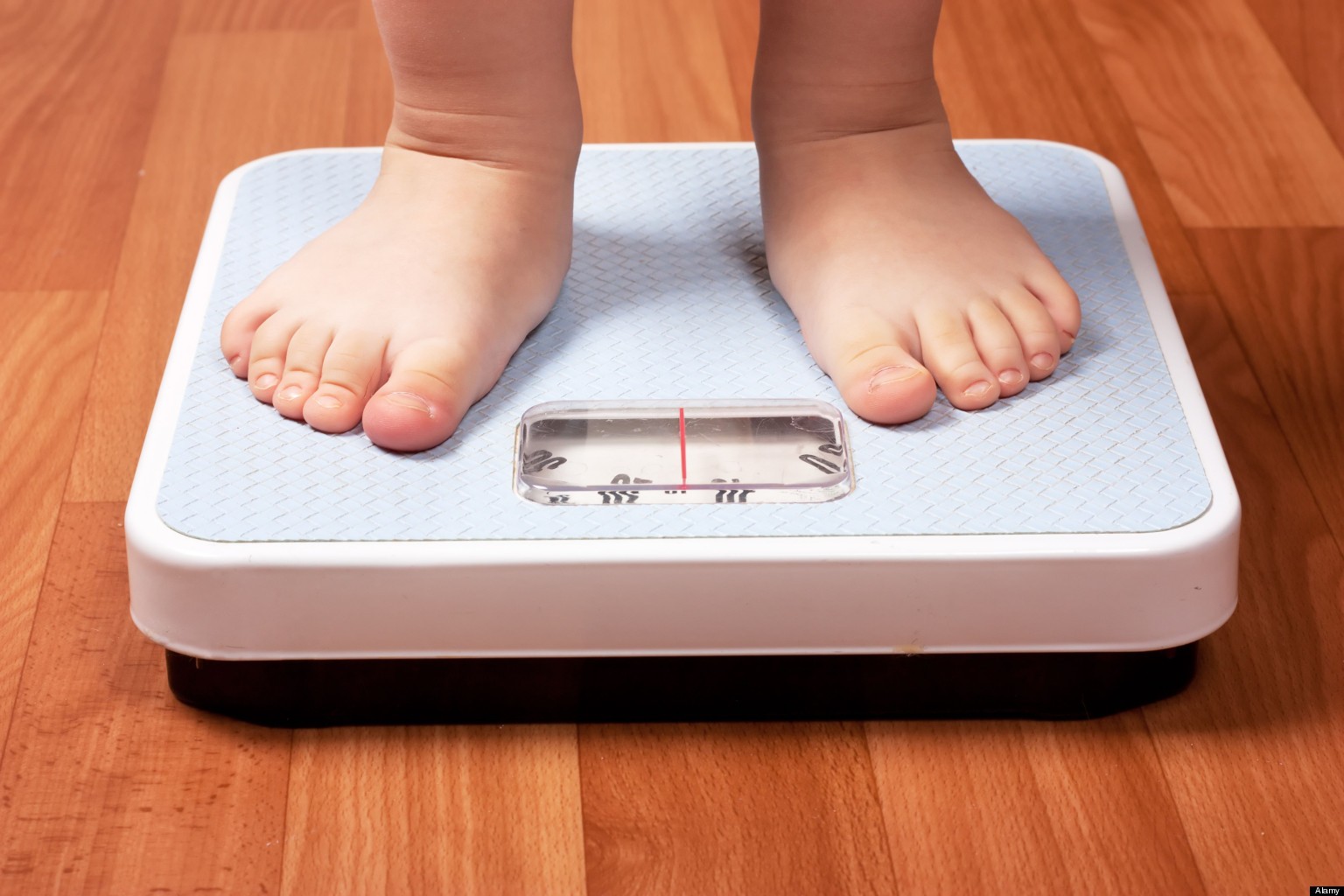Efthymos Kapantais, president of the Hellenic Medical Association for Obesity (HMAO), told daily newspaper Kathimerini this week that many Greek people are being “forced to eat low-cost foods, which are often foods of low nutritional value”. This has led to extremely high rates of obesity, particularly among children.
A report by the OECD in 2014 ranked Greece as first among member countries as far as high levels of childhood obesity is concerned, with 44% of Greek children either overweight or obese.
Eurostat’s data shows that the number of residents in Greece — regardless of nationality — unable to afford a meal with meat, chicken, fish or the vegetarian equivalent every second day has doubled from 2007 to 2014. Financial distress is increasing people’s weight with the percentage of overweight children growing alarmingly.
Studies have already shown that people who undergo financial distress increase their risk of becoming obese by 20% as they tend to shift from consuming fruit and vegetables to calorie-dense food.
Of course, fruits and vegetables are still more inexpensive, especially if compared to other west European countries, therefore, another initiative could be to teach better nutritional habits.
Ask me anything
Explore related questions





